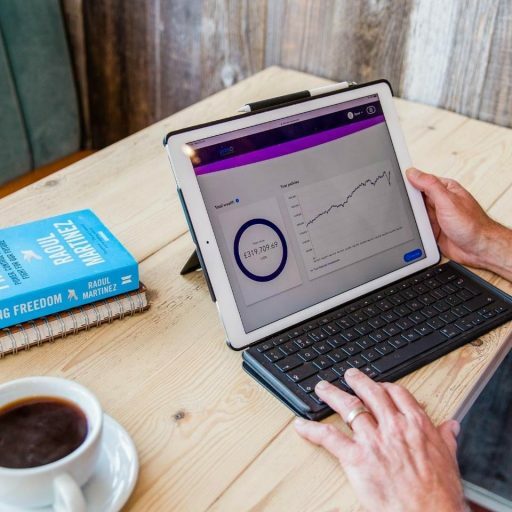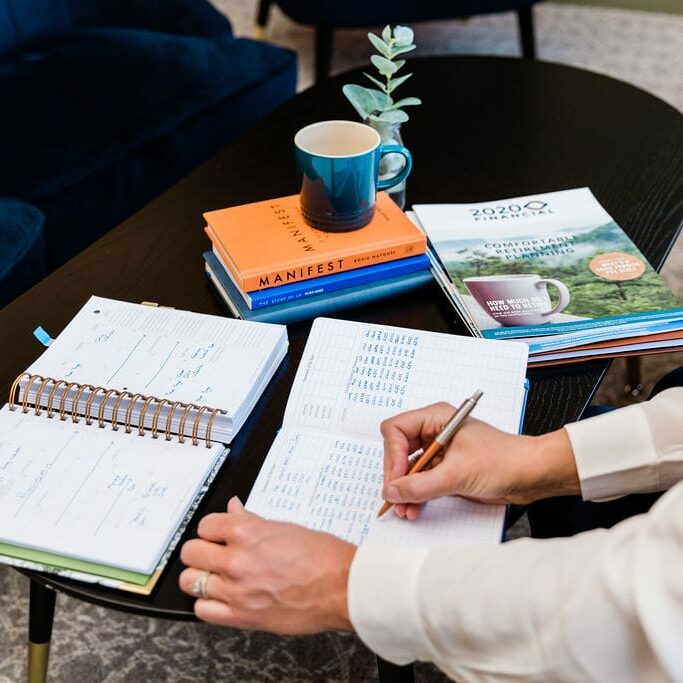
The pension reforms of 2015 were introduced to offer more choice and flexibility on what we can do with our pension savings. This includes different options for accessing your pension from 55 including tax-free lump sum withdrawal.
You may have seen references to the new Pension Freedoms and wondered
- What they are? and
- How do they affect me?
‘Pension Freedoms’ is often a reference to the changes to Pension rules announced by George Osborne, Chancellor of the Exchequer in the 2014 budget and brought into force in April 2015.
Taking your whole pension fund as a cash lump sum withdrawal is the biggest change to come out of the 2015 pensions changes. The pension changes mean you can access your pension fund as and when you like from the age of 55 (rising to age 57 in 2028).
The changes to the pension rules also mean that you can access your pension in a much more flexible way than you could before.
There’s no one-size-fits-all approach, what is right for others, may not be right for you. As always, it pays to be informed and to get the best advice you can.
Your Pension options at 55:
1) Leave your pension invested if you don’t need to take money straight away
If you don’t plan on early retirement or you simply don’t need the money then your money is better left invested in the tax-advantageous environment of your pension. There is a common misconception that cash is risk-free, but you should be aware that inflation can eat away the value of any cash, even if it’s held in a savings account since UK interest rates are historically low at the moment.
2) Take the tax-free cash and leave the rest invested (drawdown)
If you decide that you want to take the money, you can opt to take out your 25% tax-free at 55 but leave the rest of your pension pot invested until you decide to retire. The rest of your pot can then be used to give you a regular (taxable) income in retirement.
3) Take cash in chunks (drawdown)
How much and when you take your money is up to you. 25%, of every chunk, you take is usually tax-free, the rest is taxable.
4) Take the cash in one lump sum
The Pension Freedoms introduced in 2015 allow you to access all of your Pension at 55. The first 25% is tax-free, the rest is taxable at your marginal rate of tax rather than the previous rate of 55% for full withdrawals. Before you do this, you should consider how much tax you’ll pay on the amount you take out and you have to think about what you’ll live on in retirement.
5) Buy an annuity to provide a lifetime’s secure income (Annuity)
You can use your whole or part of your pension pot to buy an annuity. It typically gives you a regular and guaranteed income. There are different types of annuity available. Annuities have fallen out of favour in recent years but if you are uncomfortable with even low-risk investments, this could be a viable option for you. Recent research has highlighted the importance of shopping around for the best annuity, suggesting that on average customers could be £4000 better off over the lifetime of their annuity by shopping for the best deal.
6) Use a combination of the above
You don’t have to choose one option you can mix them over time or over your total pot. If you’re not sure what is the best approach for you, then you should seek financial advice .
Other things to consider before accessing your pension:
Income Tax
Taking your entire pension as cash could involve a high tax charge. There is a standard Personal Allowance (£11,850 for 2018/2019) on which no Income Tax is paid but above this amount, tax is paid on your total income. Currently, the tax bands are 20%, 40% and 45% depending on your income. So, any cash you take out of your pension (except for your tax-free lump sum) is added to your income for the year and may well push you into a higher rate tax band.
There are added risks you need to consider, such as:
- Paying too much tax on pension withdrawals
- Buying unsuitable investments
- Using all of your funds too fast
Cost of retirement
If you opt to take your pension early, don’t assume that you’ll be able to rely on the state pension to cover your living costs in retirement as this may only provide for a very basic standard of living. Make sure that you consider all the potential costs of retiring. Some people find their expenses fall once their working life ends, but it’s important not to assume that all your expenses will go down – some may increase, such as heating and leisure costs. Do your research and make an informed calculation. Find easy ways to work out how much money you’ll need in retirement in our How much do I need to retire guide.
Make an informed decision
Using your pension money now could help your finances but also affect your future. It’s important to receive expert financial advice so that you make an informed decision. Whatever you choose to do, it’s important to understand the tax implications and consider all your pension options to avoid any unnecessary tax bills. If you would like to review your options, please contact us.



